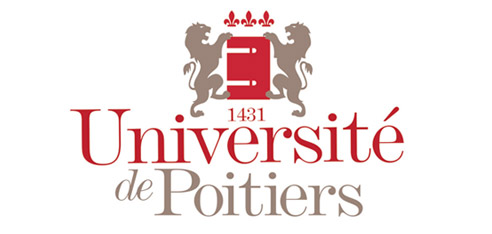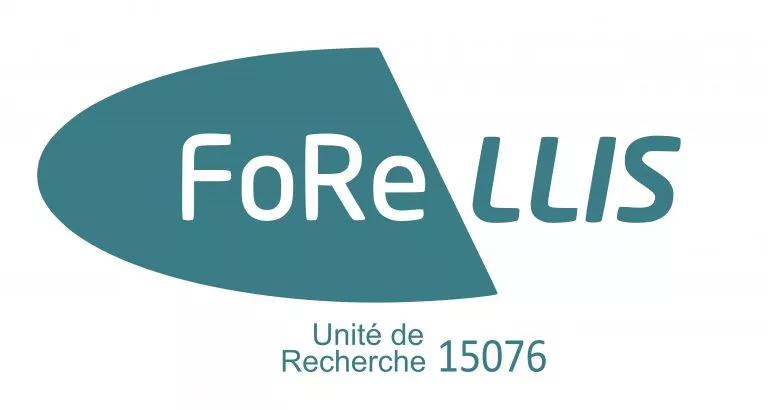Empowering Low-Resource Regional Languages with Lexicons : A Comparative Study of NLP Tools for Morphosyntactic Analysis
Renforcer les langues régionales à faibles ressources avec des lexiques : une étude comparative des outils de TAL pour l'analyse morphosyntaxique
Résumé
Weinvestigate the effect of integrating lexicon information to an extremely low-resource language when annotated data is scarce for morpho-syntactic analysis. Obtaining such data and linguistic resources for these languages are usually constrained by a lack of human and financial resources making this task particularly challenging. In this paper, we describe the collection and leverage of a bilingual lexicon for Poitevin-Saintongeais, a regional language of France, to create augmented data through a neighbor-based distributional method. We assess this lexicon-driven approach in improving POS tagging while using different lexicon and augmented data sizes. To evaluate this strategy, we compare two distinct paradigms: neural networks, which typically require extensive data, and a conventional probabilistic approach, in which a lexicon is instrumental in its performance. Our findings reveal that the lexicon is a valuable asset for all models, but in particular for neural, demonstrating an enhanced generalization across diverse classes without requiring an extensive lexicon size
| Origine | Fichiers produits par l'(les) auteur(s) |
|---|

